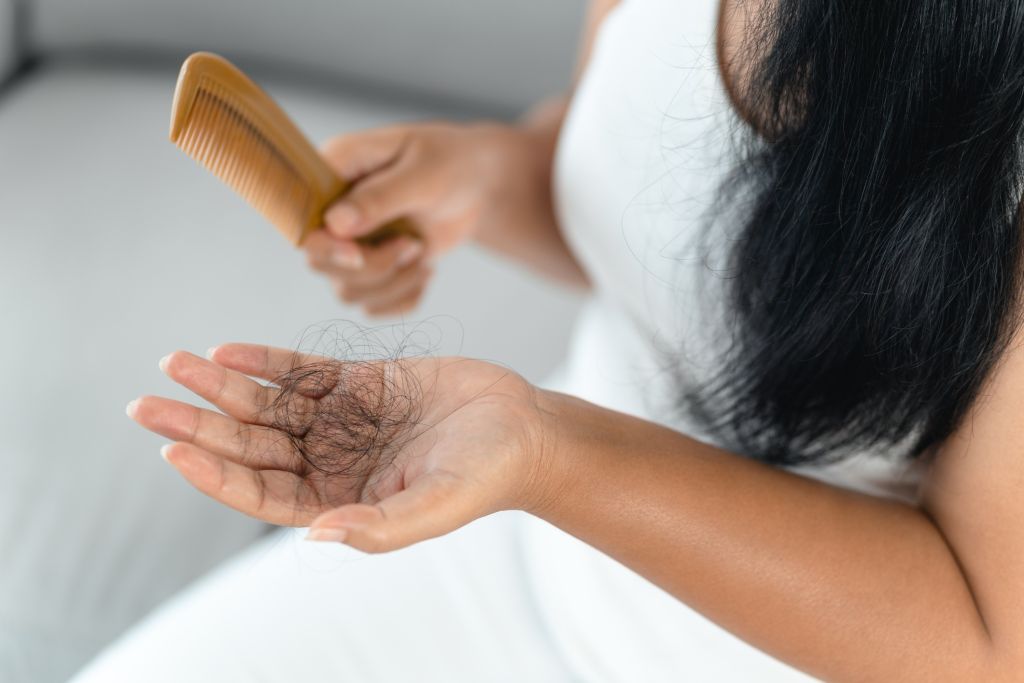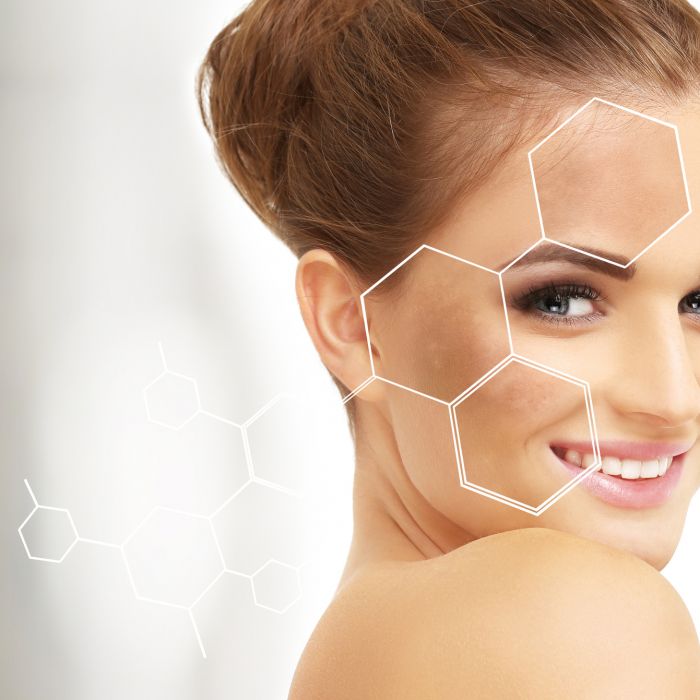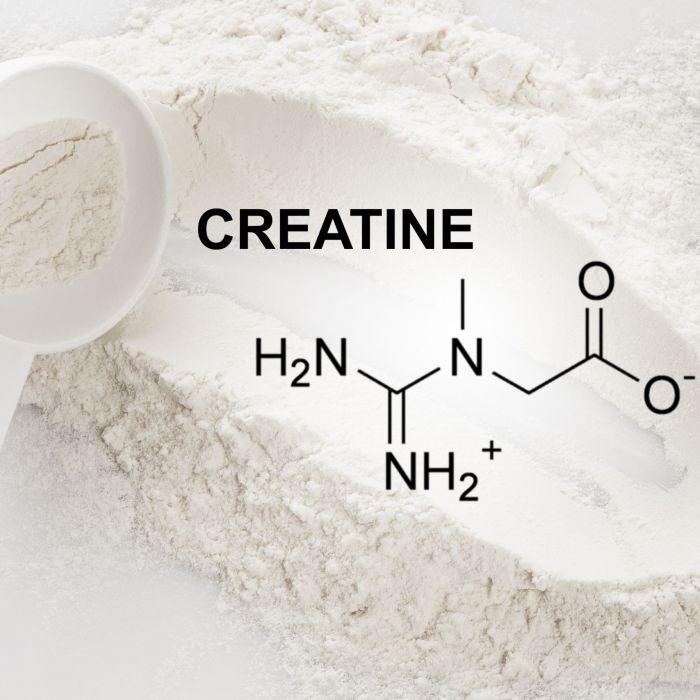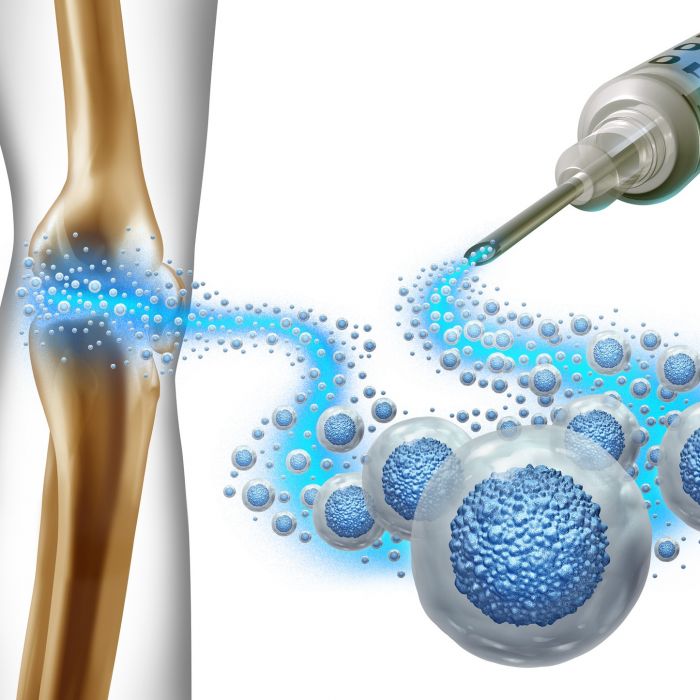Hair loss, a common concern affecting both men and women, often serves as more than just an aesthetic issue. It can be a telling sign of underlying hormonal imbalances. Hormones play a crucial role in regulating hair growth, and imbalances in these hormones can lead to hair thinning or balding. Understanding this connection is key to addressing hair loss effectively.
Hormonal Influence on Hair Loss
Hair growth occurs in a cycle that includes growth (anagen), transition (catagen), and resting (telogen) phases. Hormones, particularly androgens like testosterone, dihydrotestosterone (DHT), and others like estrogen and thyroid hormones, significantly influence this cycle.
The most common form of hair loss, known as androgenetic alopecia, is heavily influenced by androgens. In genetically predisposed individuals, DHT, a derivative of testosterone, miniaturizes hair follicles, shortening the growth phase and leading to thinner, shorter hairs.
In men this condition is often referred to as male-pattern baldness and typically manifests as a receding hairline and thinning at the crown. Women experience a more diffused thinning across the scalp, often becoming noticeable post-menopause when estrogen levels decline, altering the estrogen-testosterone balance. Also, women with Polycystic Ovary Syndrome (PCOS) often have elevated androgen levels, leading to hair thinning similar to androgenetic alopecia.
In women, estrogens generally promote hair growth. During life stages such as pregnancy, high estrogen levels lead to fuller, thicker hair. However, post-pregnancy and during menopause, falling estrogen levels can lead to hair thinning. After childbirth, estrogen levels drop rapidly, leading to significant shedding, known as telogen effluvium. As women approach menopause, declining estrogen levels, coupled with relatively stable or even increased androgen levels, can lead to hair thinning.

Thyroid Hormones and Hair Health
Both hyperthyroidism (excess thyroid hormone) and hypothyroidism (insufficient thyroid hormone) can lead to hair loss. Thyroid hormones are critical for hair follicle regeneration, and imbalances can disrupt the hair growth cycle. Hypothyroidism often leads to dry, brittle hair and diffuse hair thinning, while hyperthyroidism can cause fine, thin hair and significant shedding.
Hair Loss Treatment and Management
At AgeRejuvenation, Hormone Replacement Therapy (HRT) is utilized by our board-certified practitioners to address any hormonal imbalances or insufficiencies that are attributed to hair loss. Ultimately, HRT gives your body what it needs to stop hair loss and even reverse its effects.
Some hair loss conditions caused by hormonal changes or imbalances can be alleviated with the right medications. For androgenetic alopecia, minoxidil, finasteride, and spironolactone are commonly used treatments. For thyroid-related hair loss, treating the underlying thyroid condition usually resolves hair loss. For PCOS-related hair loss, birth control pills and metformin can help in managing hormone levels.
Lifestyle changes can also help. A balanced diet rich in vitamins, minerals, and antioxidants can support hair health. Since stress can exacerbate hormonal imbalances, techniques like meditation, yoga, and regular exercise can be beneficial.
Some people have found success with alternative therapies such as using essential oils and scalp massages to promote blood flow to the scalp. Some people find acupuncture helpful in managing hormonal imbalances.
Your First Steps to Restoring Hair Loss
Hair loss is often a window into our body’s hormonal health. Understanding the types of hormonal imbalances that contribute to hair loss is crucial for effective treatment. By addressing these hormonal issues, not only can one tackle hair loss but also improve overall health and wellbeing.
Diagnosing hair loss due to hormonal imbalances involves a thorough medical history, physical examination, scalp examination, and possibly blood tests to evaluate hormone levels. It’s important to consult healthcare professionals for proper diagnosis and management. There are multiple treatment options available including our popular Zinc Thymulin peptide for hair loss.
Contact us today to schedule an appointment at one of our Anti-Aging clinics including our featured Winter Park location this month for Hormone Replacement Therapy in Orlando, FL.








